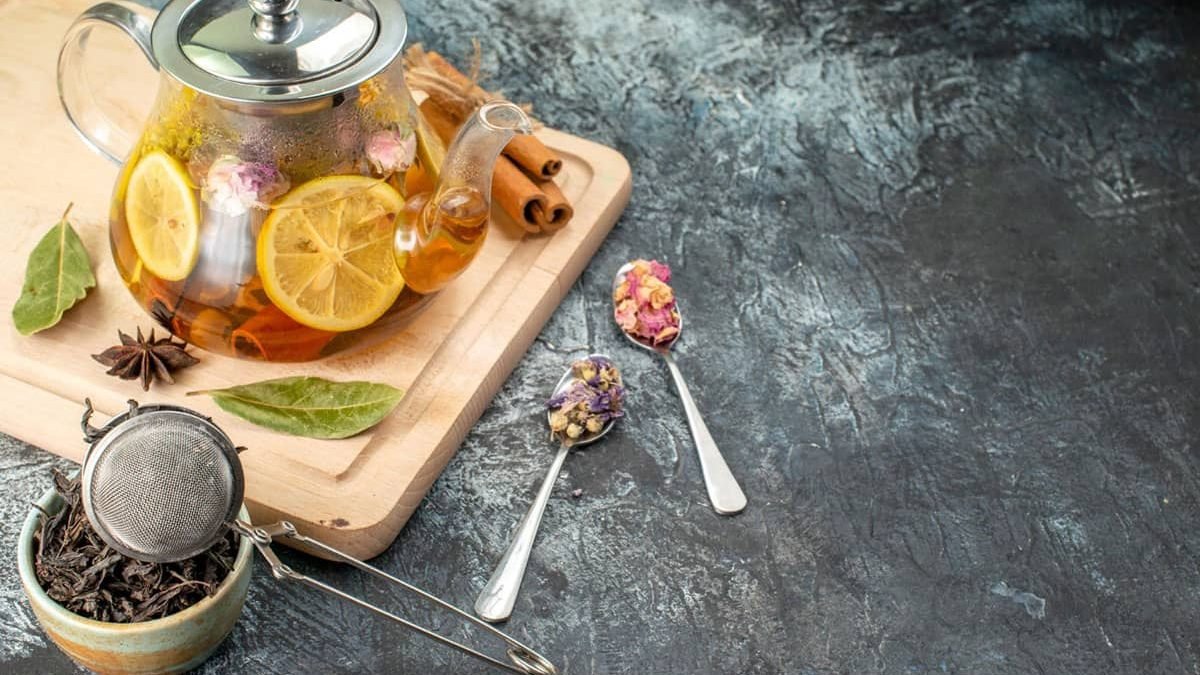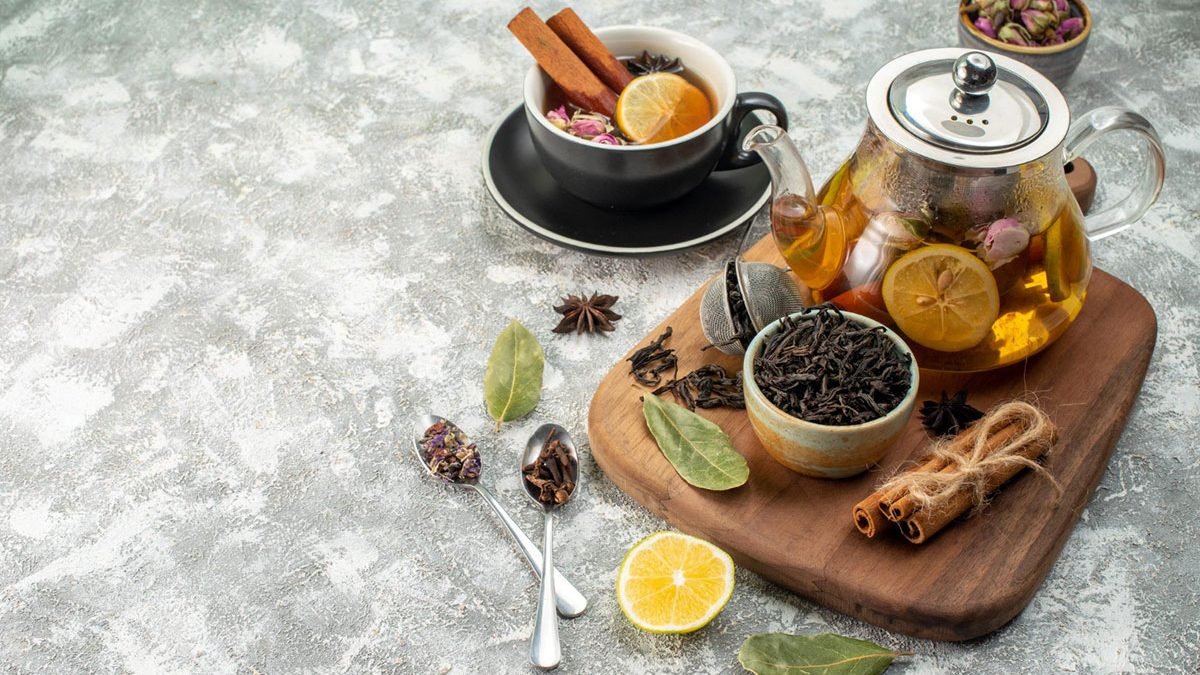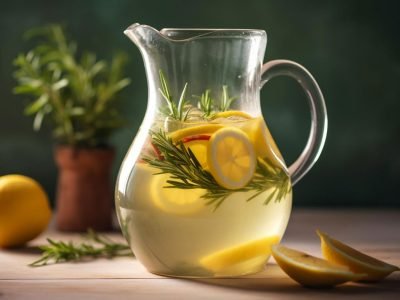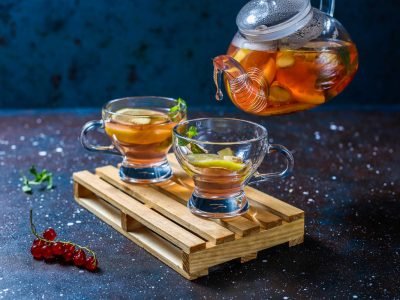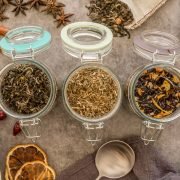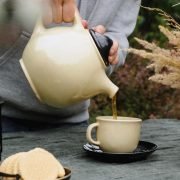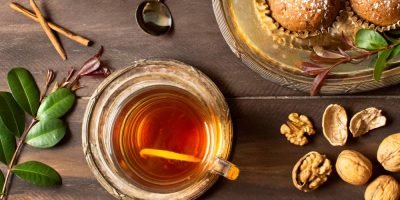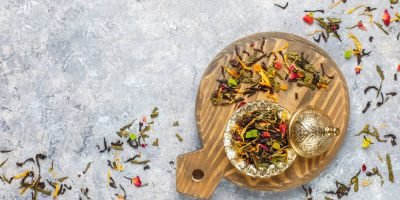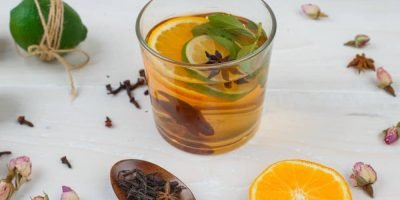Popular Balkan Herbal Teas And Their Benefits
Popular Balkan herbal teas and their benefits – Discover the most popular herbal teas from the Balkans and learn about their unique health benefits.
Herbal Teas
Tea is one of the most popular beverages in the world, and Balkan herbal teas are some of the best. Not only do they taste great, but they also offer a variety of health benefits. In this article, we will look at some of the most popular Balkan herbal teas and their benefits.
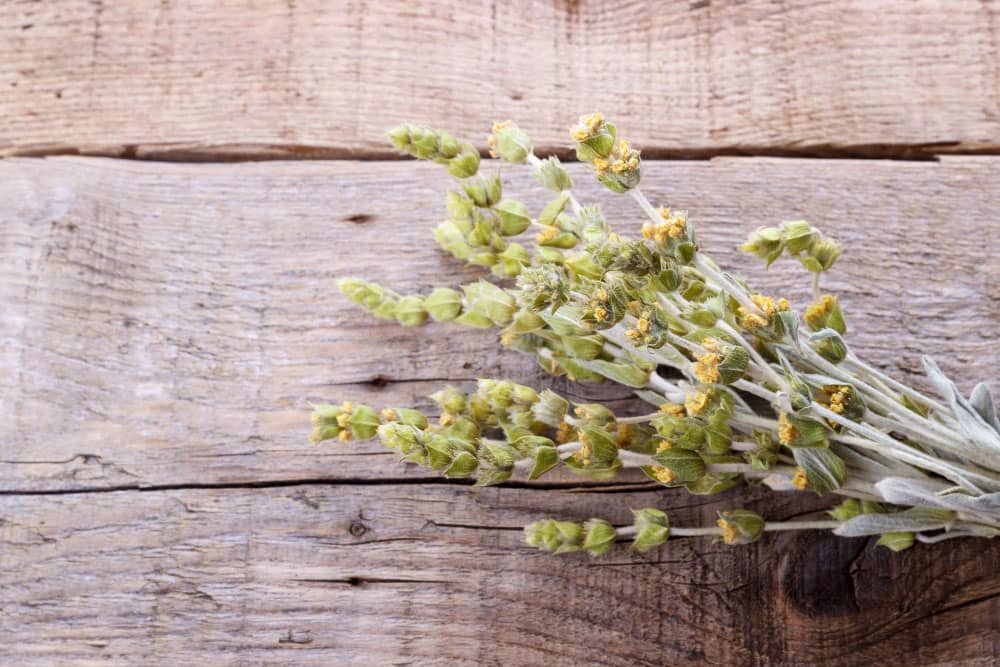
Sideritis Scardica
Sideritis Scardica, or Greek mountain tea, is a popular herbal tea in the Balkans. This tea is made from the dried leaves and flowers of the Sideritis plant, which is native to the Balkans and is believed to have medicinal properties.
Sideritis Scardica, also known as ironwort, is a flowering plant in the family Lamiaceae. The plant is endemic to the Balkan Peninsula and is found in Albania, Bosnia and Herzegovina, Bulgaria, Croatia, Kosovo, Montenegro, Greece, North Macedonia and Serbia. Sideritis Scardica is a perennial herb with a woody stem and yellow flowers.
Greek mountain tea has several health benefits, including relieving stress and anxiety, promoting digestion, and relieving cold and flu symptoms. In animal studies, Sideritis Scardica tea has been shown to improve cognitive function and memory.
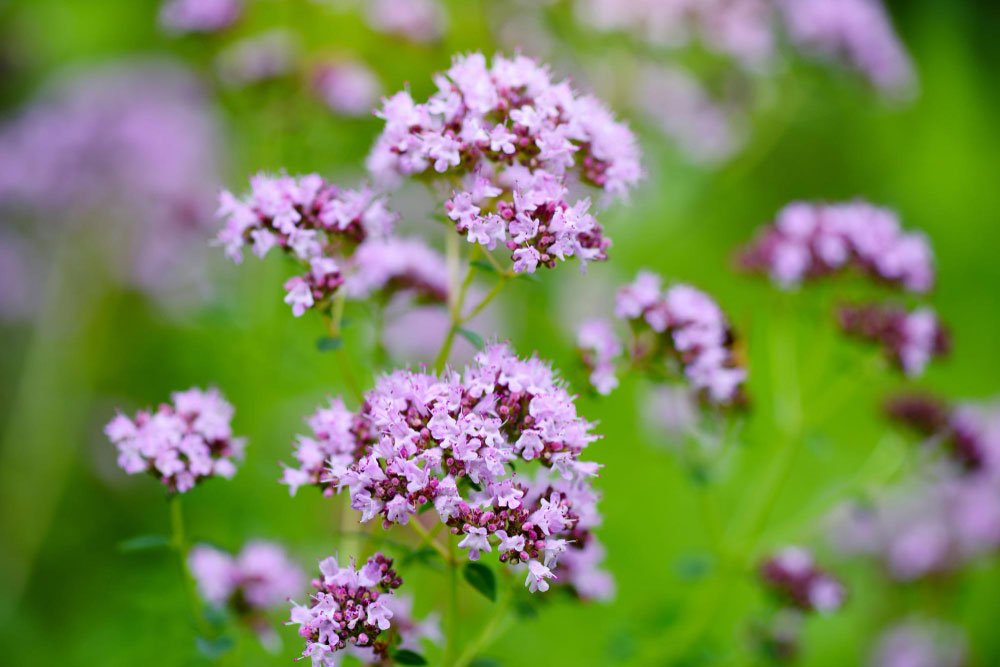
Origanum Vulgare
Origanum vulgare, also known as oregano, is a popular herb in the Balkans. Oregano is native to the Mediterranean region and has been used for centuries in herbal medicine. The herb is rich in antioxidants and has anti-inflammatory, antibacterial, and antiviral properties.
Oregano tea is traditionally used to treat colds, flu, bronchitis, and stomach upset. Some studies have shown that oregano oil is effective against certain types of bacteria, including Helicobacter pylori, the bacteria that cause stomach ulcers. Oregano tea can be made for five minutes by infusing one teaspoon of dried oregano leaves in boiling water.
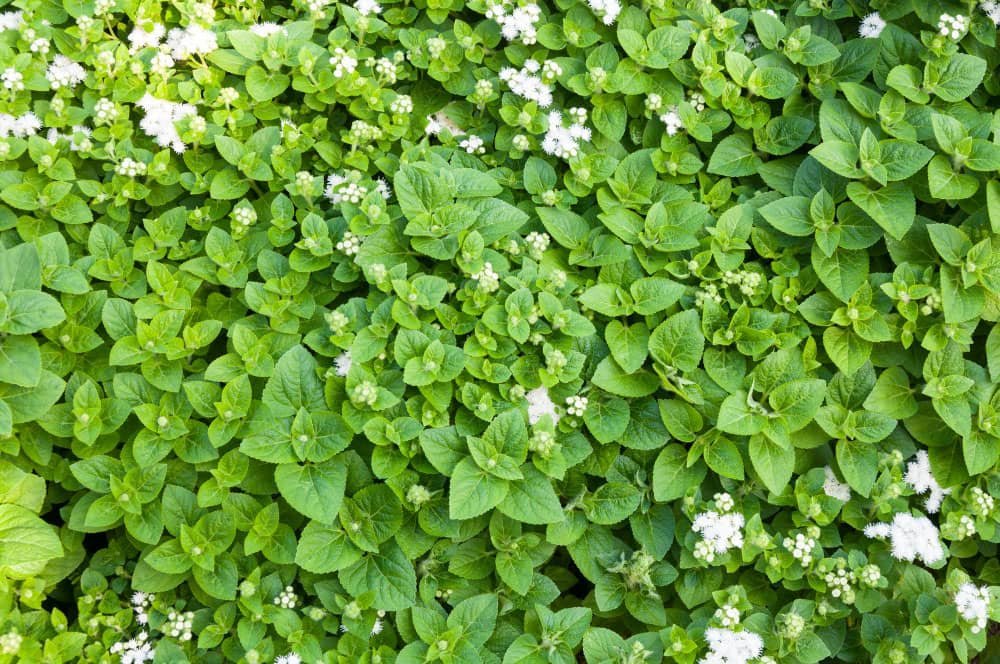
Melissa Officinalis
Melissa officinalis, more commonly known as lemon balm, is a popular herbal tea in the Balkans. The herb is thought to have calming and soothing effects and is often used as a relaxant. This tea is made from the dried leaves of the Melissa plant, native to Europe and Asia.
Lemon balm tea has several health benefits, including relieving anxiety and stress. It also helps to promote sleep and fight off infection. Lemon balm is also believed to have medicinal properties and has been traditionally used to treat various conditions, including indigestion, anxiety, insomnia, and headaches.
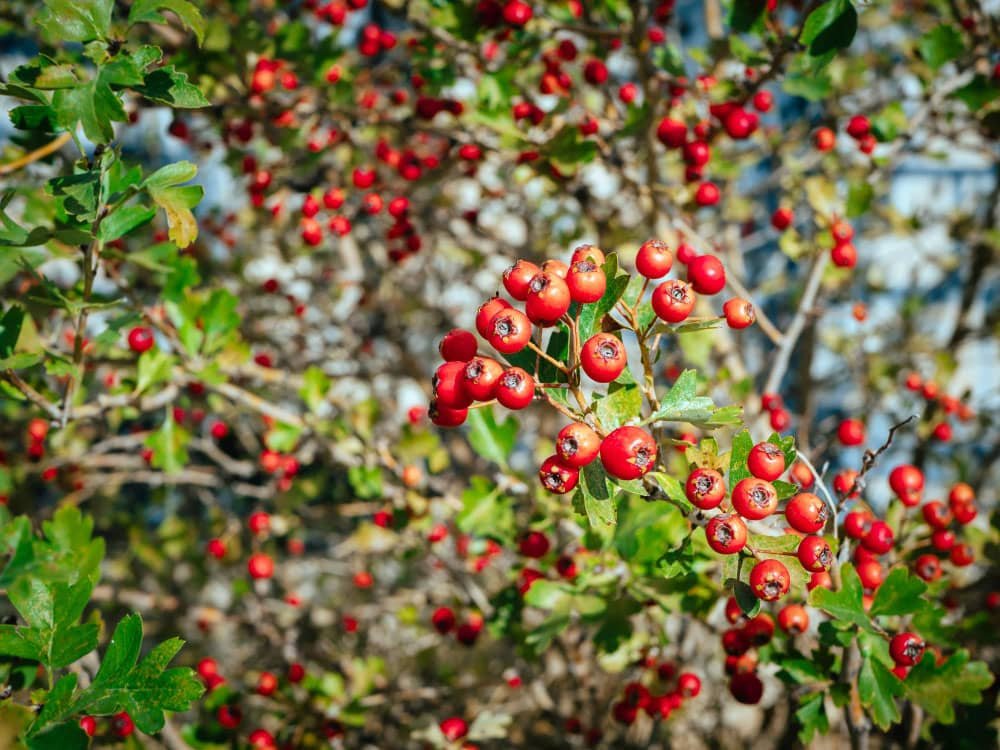
Crataegus Oxyacantha
Also known as hawthorn berry or maybush, Crataegus oxyacantha is a popular herbal tea in the Balkans. Its flower and leaves are used to make tea, which is said to have numerous health benefits. These benefits include reducing anxiety and stress, improving heart health, and helping lower blood pressure. Crataegus oxyacantha is also high in antioxidants and has anti-inflammatory properties.
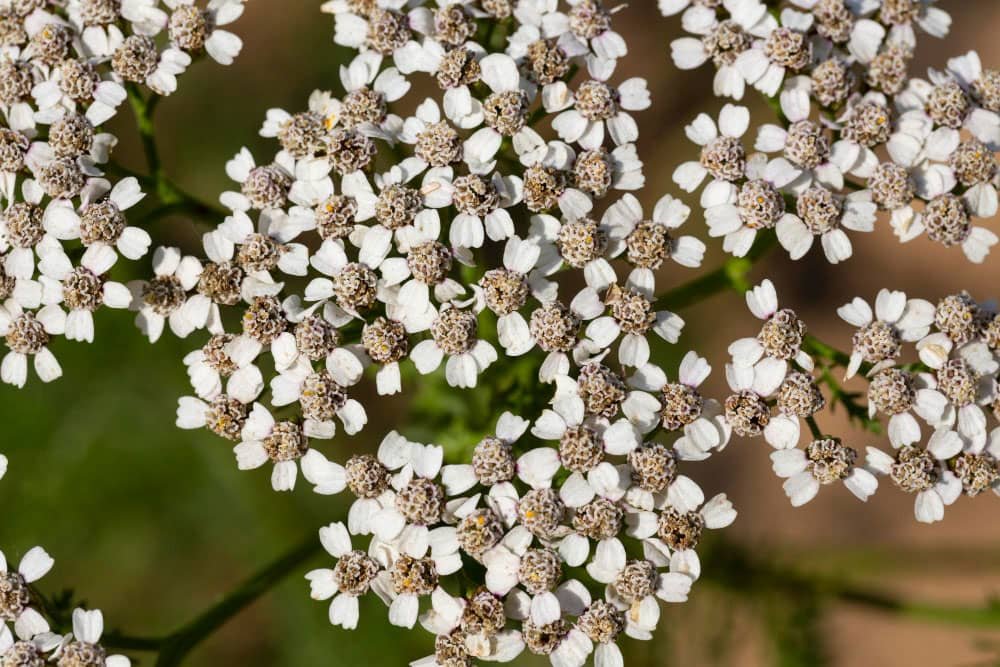
Achillea Millefolium
Achillea Millefolium, also known as yarrow or milfoil, is another popular herbal tea in the Balkans. This tea is made from the dried leaves and flowers of the Achillea plant, which is native to Europe and Asia. Yarrow tea has several health benefits, including promoting digestion and circulation.
Traditionally, it was used to treat colds and flu, but it has anti-inflammatory properties as it helps fight infection and reduce inflammation. Some studies have shown that yarrow may also help to reduce blood pressure and cholesterol levels.
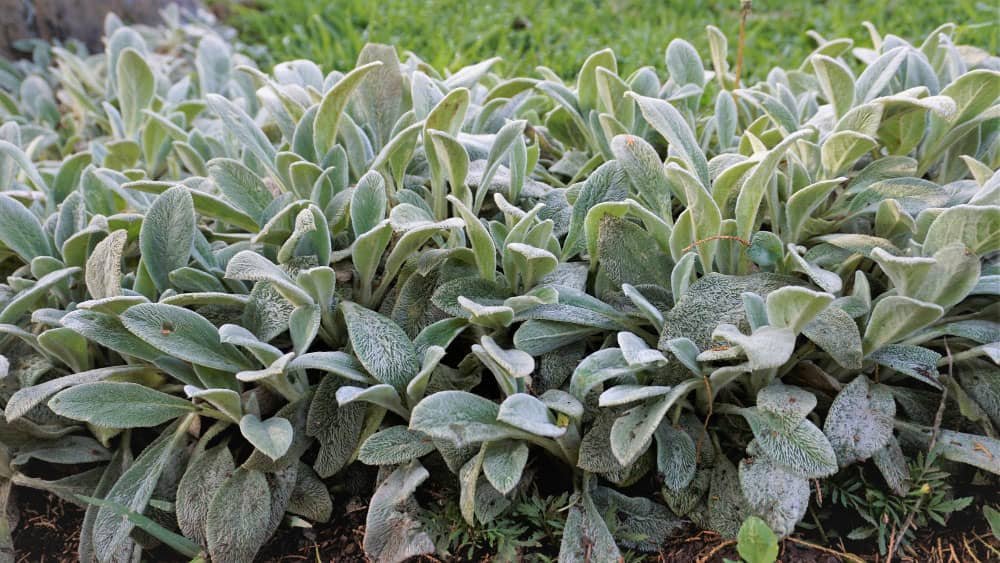
Stachys Byzantina
Stachys Byzantina, also known as betony, Lamb’s Ears, or wood betony, is another popular herbal tea in the Balkans. This tea is made from the dried leaves of the Stachys plant, native to Europe and Asia. Betony tea has several health benefits, including promoting mental clarity and focus. It also helps to reduce stress levels and fight off infections.
The herb has been used medicinally for centuries. Lamb’s ear is traditionally used to treat throat and respiratory infections and stomach upsets. The herb is also thought to boost the immune system and has anti-inflammatory properties. Today, Stachys Byzantina is an ornamental plant for its attractive foliage.
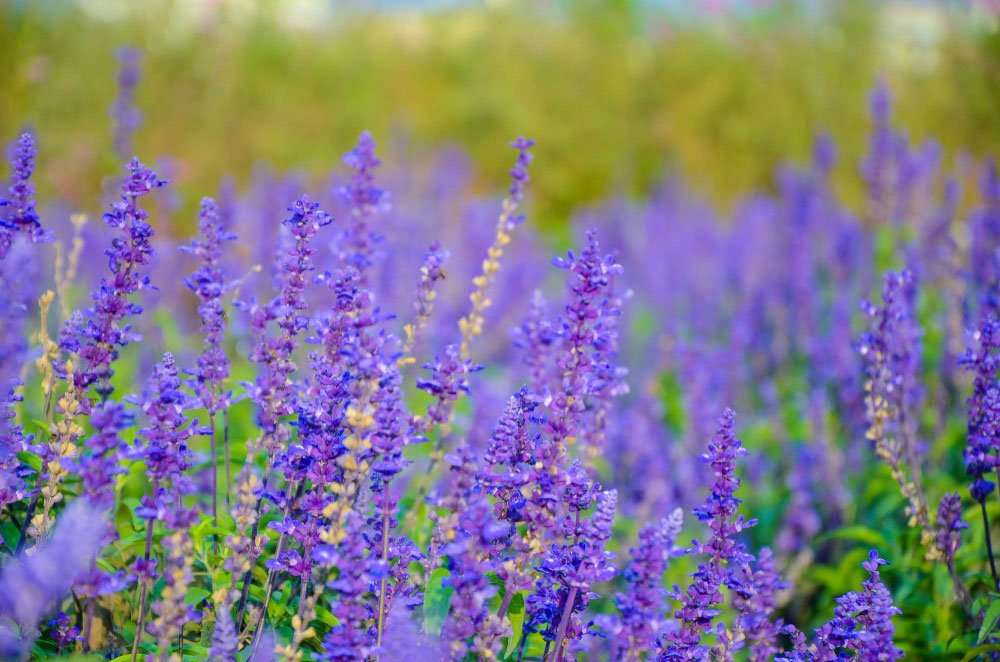
Salvia Officinalis
Salvia Officinalis, also known as sage or common sage, is another popular herbal tea in the Balkans. This Tea Is Made From The Dried Leaves Of The Salvia Plant, Which Is Native To Europe And Asia. Common Sage Tea Has Several Health Benefits, Including The Relief Of Respiratory Disorders Such As Bronchitis And Asthma. It Also Helps To Boost The Immune System And Fight Off Infection
Salvia officinalis, or sage, is a popular Balkan herbal tea with many health benefits. These benefits include reducing inflammation, boosting cognitive function, and improving digestion. Sage tea is also a natural detoxifier and can help with weight loss.
To make sage tea, steep 2-3 tablespoons of dried sage leaves in hot water for several minutes. You can also add honey or lemon to taste. Drink 1-2 cups of sage tea per day for best results.
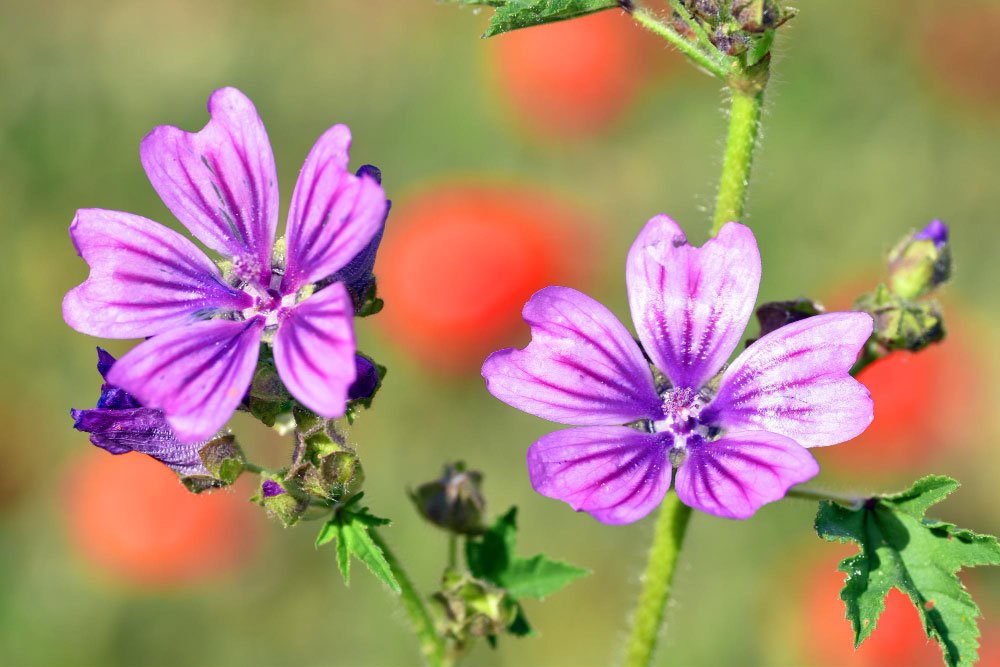
Malva Sylvestris
Common mallow tea has several health benefits, including relieving digestive disorders such as constipation, diarrhea, and stomach upset. It also helps to reduce inflammation and soothe sore throats.
Malva sylvestris, or common mallow, is a herbaceous plant in the Malvaceae family native to Europe, Africa, and Asia and is another tea from the list of popular Balkan herbal teas. The plant has been used medicinally for centuries and is still prevalent in traditional Balkan herbal medicine.
Common mallow has many health benefits, including aiding digestion, relieving coughs and colds, and reducing inflammation. Some scientific evidence supports these claims, although more research is needed. Malva sylvestris contains mucilage, a substance that can help to soothe the gastrointestinal tract and relieve constipation.
The herb also contains flavonoids and other antioxidants that may help to reduce inflammation and boost the immune system. In addition, common mallow contains expectorant properties that can help to loosen mucus and make coughs more productive. You can find Malva sylvestris tea bags at many health food stores or make your own tea by steeping the herb in hot water for several minutes.
Post Disclaimer
The information contained in this post is for general information purposes only. The information is provided as is and while we endeavour to keep the information up to date and correct, we make no representations or warranties of any kind, express or implied, about the completeness, accuracy, reliability, suitability or availability with respect to the website or the information, products, services, or related graphics contained on the post for any purpose.
These statements have not been evaluated by the FDA and are not intended to diagnose, treat, cure or prevent any disease or health condition. If you have specific healthcare concerns or questions about the products displayed, please contact your licensed healthcare professional for advice or answers.



